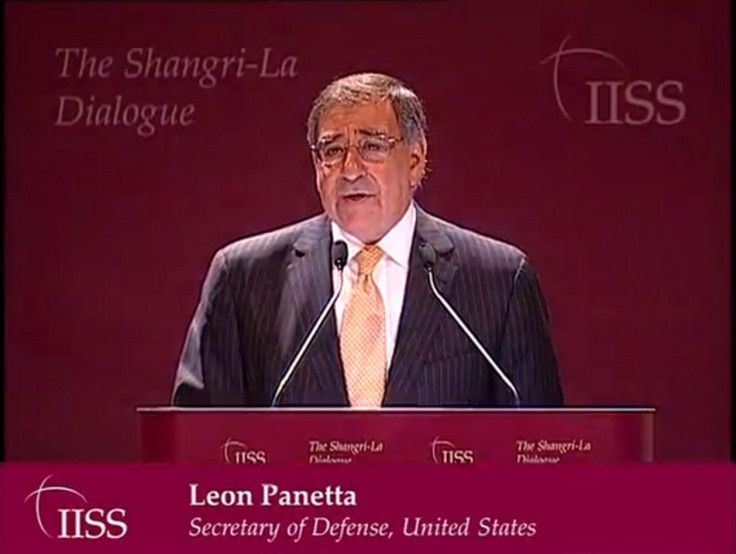Panetta Urges India To Take Bigger Role In Afghanistan Security

U.S. defense chief Leon Panetta is urging India to take a greater role in Afghanistan security arrangements following the departure of NATO troops from the war-torn nation.
Panetta arrived in the Indian capital of New Delhi on Tuesday for a two-day parley with senior Indian officials. He has already met with Indian Prime Minister Manmohan Singh and National Security Adviser Shivshankar Menon.
Panetta’s spokesman George Little said in a statement: “In both meetings, Secretary Panetta discussed the U.S. rebalance to the Asia-Pacific region and the importance the United States places on India.”
The American defense boss will deliver a key policy speech on Wednesday, after a formal meeting with Indian Defense Minister A.K. Antony.
Up until now, India’s military role in Afghanistan has been minimal.
The Voice of America reported that while India and its historic enemy Pakistan may view Afghanistan from some conflicting vantage-points, it is in the interests of both South Asian powers to foster peace in Afghanistan.
However, Pakistan, which shares a 1500-mile border with Afghanistan, is greatly concerned about India’s deepening ties with Kabul. Indeed, New Delhi has already sent $2 billion in aid to Afghanistan, while signing strategic and security agreements.
Meanwhile, India is assisting Afghan police and security forces as they prepare for the final exit of foreign troops at the end of 2014. The U.S. wants these relationships expanded thereafter.
Shashank Joshi, an expert on South Asian security and an associate fellow at the London-based think-tank Royal United Services Institute, told Agence France Presse that India is gravely concerned about what kind of state Afghanistan will become after NATO finally pulls out
“[India is] convinced the Afghan state is more brittle than the Americans and the British think and fear they will end up picking up the pieces with the [Islamic militant] jihadis heading east and their interests in danger,” he said.
As the U.S. defense establishment shifts more of its focus to the Asia-Pacific region by 2020, Washington is also counting on India to help maintain security and stability in the region.
Pakistan, which still has not re-opened a NATO supply route to Afghanistan, may not look too kindly to having Indian soldiers on both its eastern and western fronts. In addition, Islamabad remains irate over the U.S. policy of drone strikes along its lawless border with Afghanistan – while these secret operations are designed to kill militants hiding out in the wild tribal areas, many strikes have killed innocent civilians.
Separately, India has agreed to permit U.S. officials to search for the remains of missing American servicemen who disappeared in India during World War II. The Pentagon believes that 400 U.S. troops who died in plane crashes in India’s northeast during that war have never had their bodies recovered.
© Copyright IBTimes 2024. All rights reserved.











